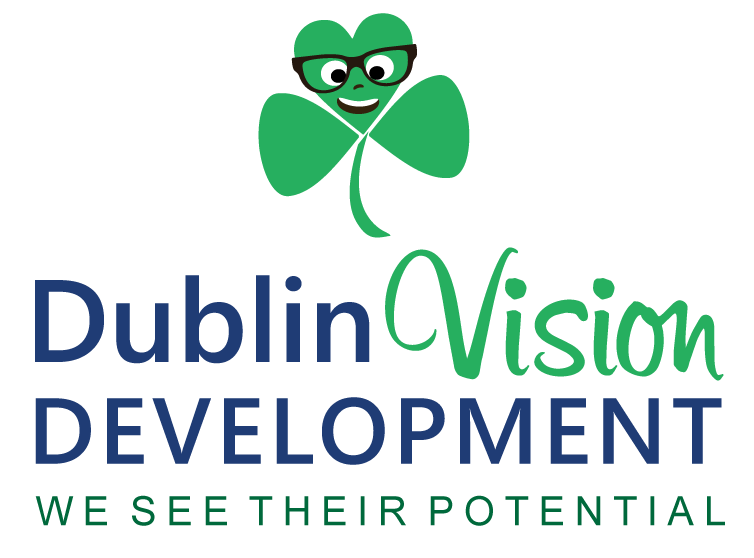Common Vision Problems
Visual Processing Problems
Perceptual skills are vital to writing, reading and math. You use these skills to recognize letters, match sight words, and to find the socks on the floor of a messy room. Anytime you make a ‘mental picture’ to remember where you parked your car, or copy notes from the board you are using visual processing. More brain power is used and learning is slowed, when these skills are immature.
Amblyopia ‘Lazy eye’
Imagine the picture produced on a TV with a high-definition signal compared to an analog antennae. In the case of vision, either a high glasses prescription or a turned eye during early childhood, creates vastly different clarity in each eye. This unequal connection between the eyes and the brain results in a loss of the sharpness, definition and clarity of vision in one or both eyes.
Strabismus -Misaligned eyes
By 6 months of age the brain should be able to aim the eyes together as a team. When one eye deviates after early infancy, the child’s brain must adapt to prevent seeing the world as double. Frequently, the brain ignores the turned eye and only uses the straight eye. Unfortunately, this shift to using one eye results in a loss of 3D vision and if you are a child, you often lose clarity of vision (amblyopia) as well.
Focusing Problems
These conditions are similar to a camera with a broken autofocus setting. The focusing system can over or under adjust resulting in poor clarity of the picture you see. You cannot see clearly where your eyes are aiming, or the picture comes in and out of focus on its own like in the text below.
Eye Coordination Problems
Imagine a car with poor alignment pulling you out of your lane. In the case of vision, the eye drifts as you get tired, or you see double vision. As you read, more effort is put into pointing each eye at the same spot. Then you develop headaches, and you can’t remember or comprehend what you just read. The text may appear to move as shown below.
Eye Tracking Problems
In the case of reading, a glitch in the brain’s software causes the eyes to skip ahead, go backward and move irregularly over the page. Your eyes lose the rhythmic movement needed for quick reading. Now you read the words in the wrong order, you can’t understand it and need to re-read the text multiple times. Try reading the bold words below.






